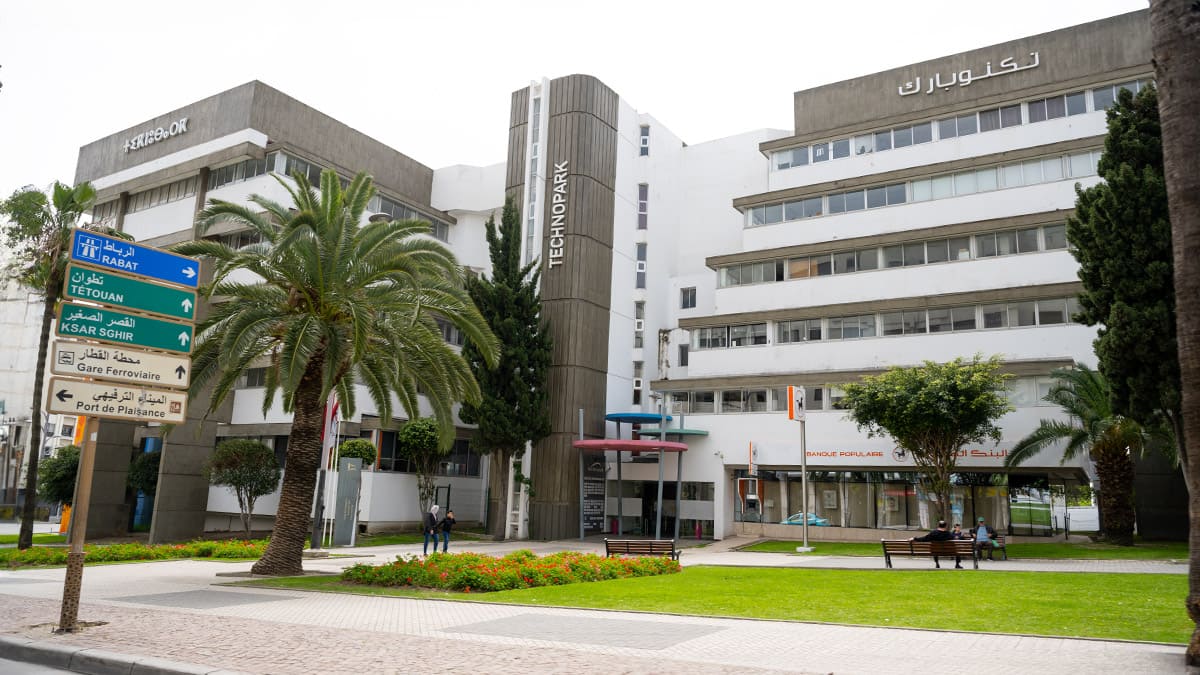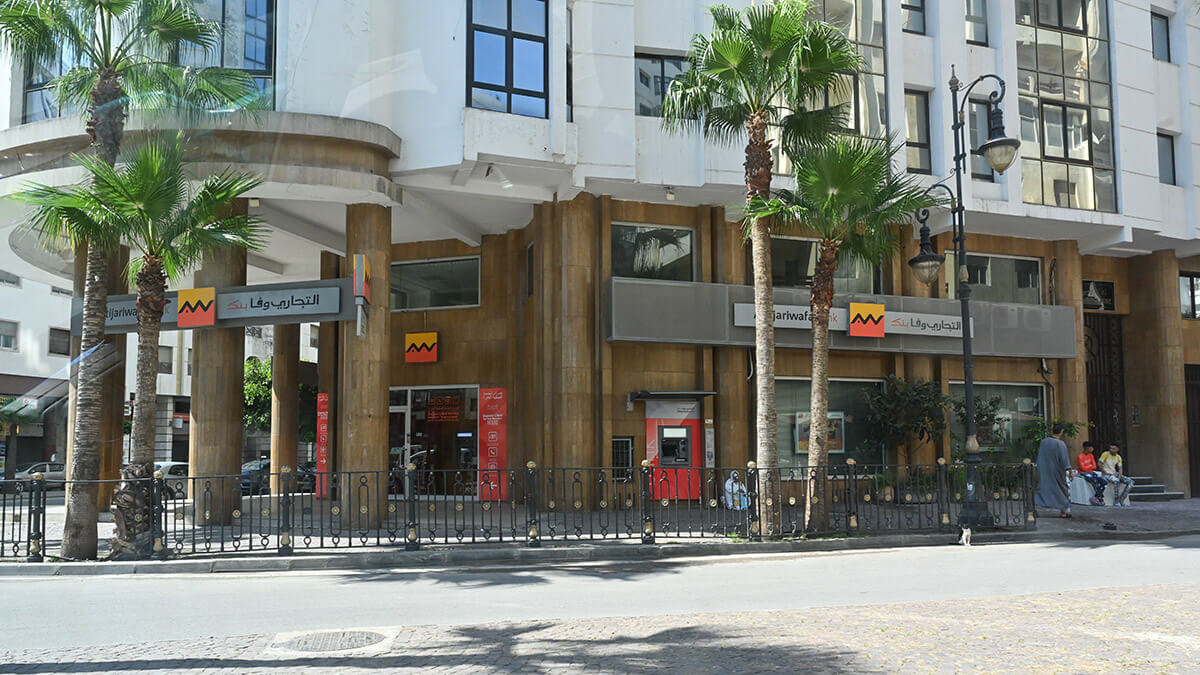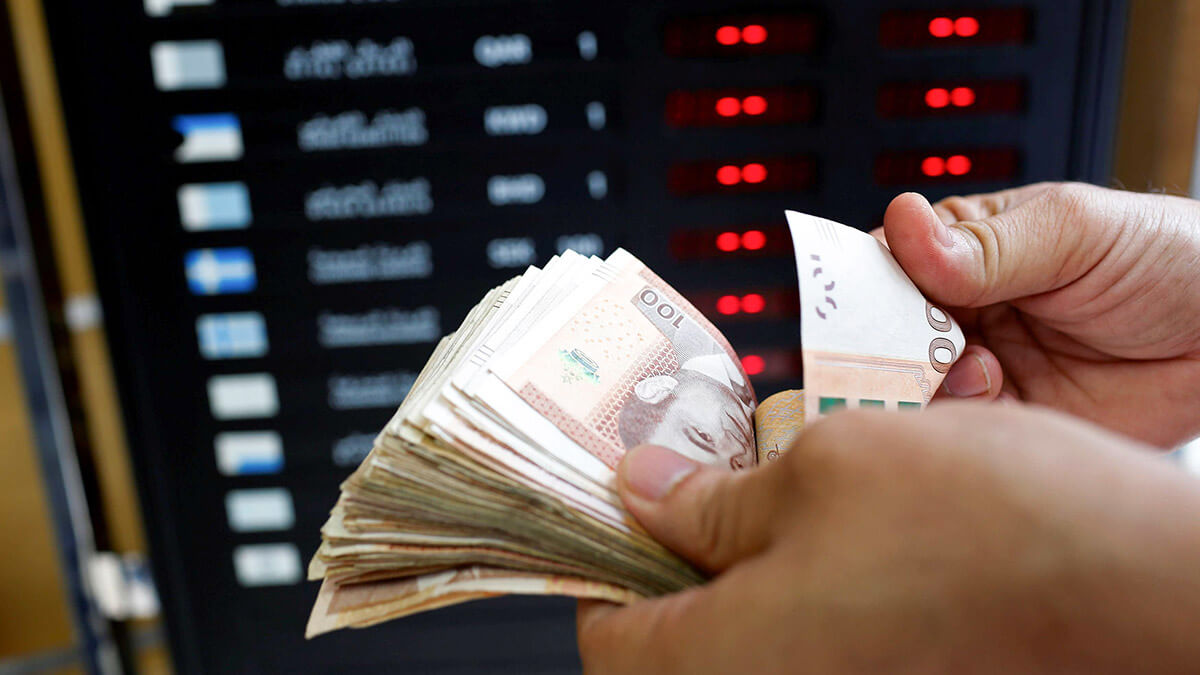Foreign investment in Morocco: a success for all or just for some?

This 40 per cent drop in FDI flows has been attributed to several factors, including global economic challenges, political uncertainty in the region, and increasing competition from other emerging markets that have begun to capture the attention of international investors.
Despite this decline, the Moroccan government has maintained an optimistic approach, highlighting efforts to diversify investment sources and modernise the country's economy.
The economy of great promise
Despite the drop in FDI flows, Morocco continues to attract investment in key sectors such as renewable energy and advanced manufacturing.
In the first half of 2024, the country attracted Dh13.1 billion, setting a record for that period. Moreover, additional investments of approximately $5 billion are planned for infrastructure related to the 2030 World Cup, which is expected to boost tourism and improve sports and transport infrastructure.
However, these figures hide a fundamental challenge: how to ensure that these investments benefit the entire Moroccan population, rather than being concentrated in a few sectors or regions.

High youth unemployment and growing inequality between urban and rural areas are worrying indicators that current economic growth may not be reaching everyone. Although Morocco has managed to position itself as the third largest investment destination in the MENA region, the impact of these investments remains uneven. Rural regions and the most vulnerable populations risk being left behind, as most investments are directed towards urban areas and high-tech sectors. This concentration could exacerbate existing economic and social disparities, creating a two-speed economy.

The government, for its part, has implemented policies to improve the business climate and attract more investment, but these measures have not been sufficient to ensure an equitable distribution of benefits. Planning for the 2030 World Cup is a key example of how infrastructure investments could have a wider impact, but only if they are managed in an inclusive manner.
The need for equitable development
El verdadero éxito de las inversiones extranjeras en Marruecos no puede medirse solo por las cifras. Es crucial que estas inversiones se traduzcan en beneficios tangibles para todos los ciudadanos. Esto requiere un enfoque en políticas públicas que no solo atraigan capital extranjero, sino que también promuevan un desarrollo equitativo y sostenible.

The challenge for Morocco is to turn these figures into real improvements in the quality of life for all its citizens. Without a clear strategy to ensure that economic growth is inclusive, the country risks creating a ‘Kingdom of empty promises’, where foreign investment boosts the statistics but leaves most of the population on the sidelines.
However, Morocco also has a solid foundation and immense potential to overcome these challenges. With a renewed focus on inclusive job creation and sustainable development, the country can transform these investment flows into a real engine of positive change, ensuring a more prosperous future for all its citizens.
Ahmed Khadraoui, Finance and Investment Expert

